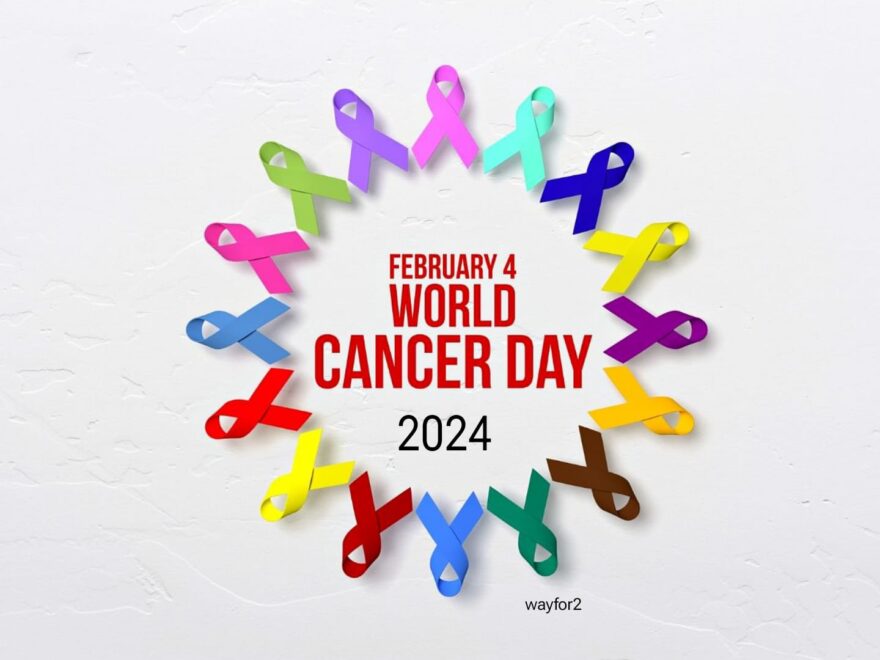On February 4th, 2024, the world once again unites to observe World Cancer Day, a day dedicated to raising awareness, educating communities, and taking action against one of the most formidable health challenges of our time. As we mark this occasion, it’s essential to reflect on the progress made, the ongoing struggles, and the collective efforts required to combat cancer comprehensively.
Reflecting on Progress:
Over the years, significant strides have been made in cancer research, diagnosis, treatment, and survivorship. Breakthroughs in medical science have led to the development of targeted therapies, immunotherapies, and precision medicine, offering new hope to patients facing various forms of cancer. Improved screening programs have enhanced early detection, enabling more effective intervention and better outcomes for many individuals.
Ongoing Challenges:
Despite these advancements, cancer remains a leading cause of morbidity and mortality worldwide. Millions of people continue to be diagnosed with cancer each year, with disparities in access to healthcare exacerbating the burden in certain regions and communities. Moreover, the socio-economic impact of cancer on individuals, families, and societies cannot be overstated, with the cost of treatment often presenting a significant barrier to care.
The Call to Action:
World Cancer Day serves as a poignant reminder that the fight against cancer is far from over. It is a call to action for governments, healthcare providers, researchers, advocacy organizations, and individuals to redouble their efforts in the battle against this complex disease.
1. Investment in Research: Governments and private entities must prioritize funding for cancer research to drive innovation, uncover new therapeutic targets, and develop more effective treatments. Collaborative initiatives between academia, industry, and non-profit organizations are crucial for accelerating progress in this field.
2. Equitable Access to Care: Efforts to improve access to cancer prevention, screening, diagnosis, and treatment must be intensified, particularly in underserved communities and low-resource settings. This includes addressing structural barriers, promoting health education, and strengthening healthcare infrastructure.
3. Promotion of Healthy Lifestyles: Encouraging healthy behaviors such as regular physical activity, tobacco cessation, limiting alcohol consumption, and adopting a balanced diet can significantly reduce the risk of developing certain cancers. Public health campaigns aimed at raising awareness about these lifestyle factors are essential for cancer prevention.
4. Support for Patients and Caregivers: Cancer diagnosis and treatment can take a tremendous toll on patients and their families. Comprehensive support services, including psychological counseling, palliative care, and financial assistance programs, are critical for improving the quality of life and well-being of cancer survivors and their caregivers.
5. Advocacy and Awareness: Building public awareness about cancer prevention, early detection, and treatment options is key to empowering individuals to take charge of their health. Advocacy efforts aimed at shaping policies, mobilizing resources, and reducing the stigma associated with cancer are instrumental in driving societal change.
A Unified Front:
As we observe World Cancer Day 2024, let us reaffirm our commitment to working together towards a world where cancer is no longer a pervasive threat to human health and well-being. By harnessing the collective power of science, innovation, compassion, and advocacy, we can overcome the challenges posed by cancer and create a future where every individual has the opportunity to live a healthy and fulfilling life, free from the burden of this disease.

